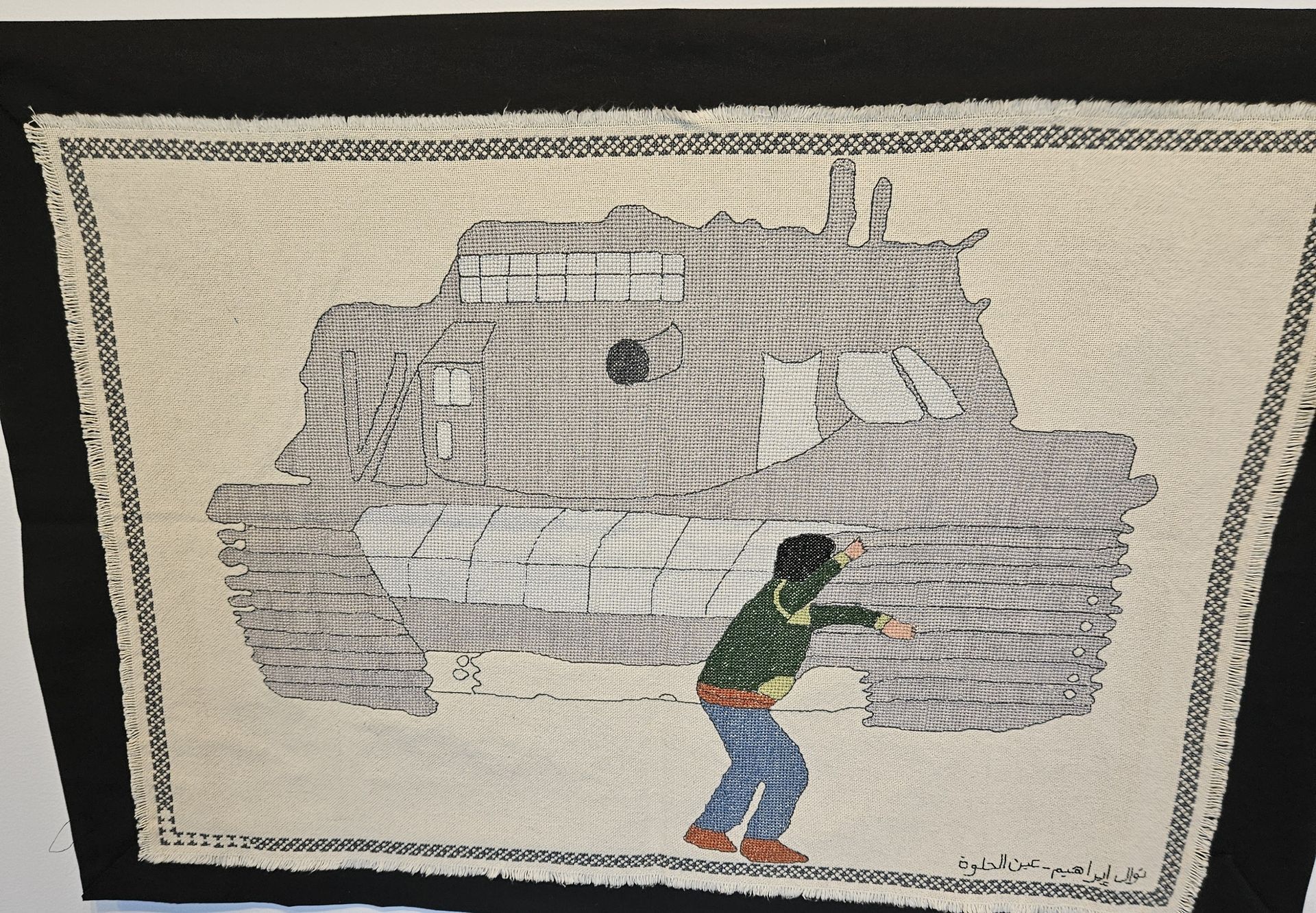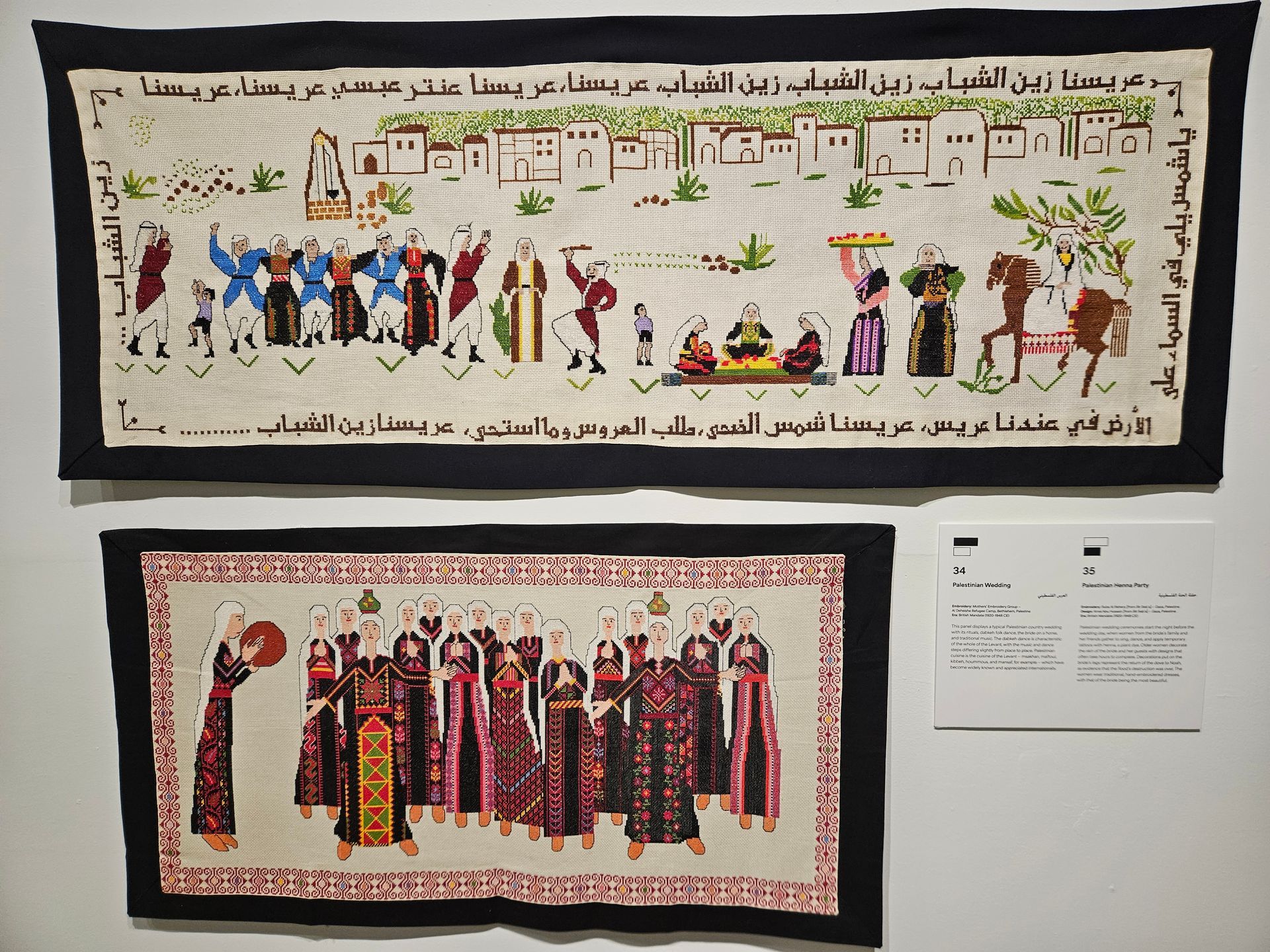
"A new vision for the sub/urban congregation"
"Ministry in an increasingly urbanizing context is exciting, demanding, messy, and filled with constant challenges and reward," says I. Ross Barlett in the first lines of the preface to his recently published little volume entitled "Speaking Church - A New Vision for the Sub/Urban Congregation."
Bartlett, long-term pastor and current denominational formation director at Atlantic School of Theology in Halifax, takes seriously that urbanization is "the great human reality of our time." But he also recognizes that much of the Christian church's imagery and pastoral settings appear derived from rural influences (cf. Psalm 23!), while today most Christians are urbanized - whether they live in cities or suburbs. Hence the faith community's context is radically different from and not reflected in much of its theological and liturgical heritage and spoken language.
The task then is to re-think and re-articulate core (rural) ideas, values, metaphors, and images, so that what the church speaks today is understandable to the urban and suburban folk. To move transformatively in this direction, Bartlett chooses to review - counter-intuitively - urban origins of Christian faith.
A brief glimpse into the Hebrew scriptures reminds us of Jerusalem (Mt. Zion) and its counter-type, Babylon, Nineveh, and other urban references. But the real review is of the New Testament's book of Revelation. There case studies delve into the messages to the young urban churches in Ephesus, Smyrna, Pergamum, Thyatira, Sardis, Philadelphia, and Laodicea. The analysis of the message to those ancient local congregations provides, for Bartlett, direction for comparable situations in the church's current context.
In Ephesus, for example, the Nicolaitans argued that there was little need for boundaries for morality and behaviour. But the core Ephesian congregation resisted this libertarian approach by becoming fearful and suspicious of "outsiders" who might contaminate their received faith. "Brittle purity of belief and practice ... cost ... the death of warmth and joy." For 21st century urbanized church folk, "zeal for purity" may result in shutting out "any possible interaction with the thought of faith of the world around them."
The case studies demonstrate, according to Bartlett, that there must be a "close relationship between the effectiveness of the church and the community in which it dwells. The challenge is to engage the inner identity of their cities" in a proactive - not reactive role.
To help that happen, symbols that are rurally-based, need to be translated into currently experienced urban images. For example, desert can be a snow-swept mall parking lot or car wrecking site; temptation, a lottery ticket or glittering ads; Christmas' creche, a downtown shelter or crowd at the airport; etc.
The contemporary congregation which seeks to speak the Gospel will take its context seriously, will seek partnership with others of goodwill in addressing proactively the needs of residents in its context, and will employ metaphor and narrative in its speaking - not argument.
Signposts of vital urban-sensitive congregations will include: welcoming communities that address the whole person, speaking truth that challenges false speech, collaborating with other groups seeking justice and truth, and hearing God's voice in the cries of the oppressed.
In 125 pages, Bartlett covers a lot of ground. Perhaps too much. There is enough scope here for several books. But his work opens the door to diverse conversations - various discussions about much that has changed for church, for people of faith, and for the world we inhabit.
A helpful bibliography identifies a number of resources that can supplement Bartlett's reflections. Nancy Hardy's focussed "Worship in the City: Prayers and Songs for Urban Settings" (The United Church of Canada, UCPH, 2015) is not listed in the bibliography, but is sourced to provide exemplary prayers oriented to the church's urban reality.
(ISBN 978-1-5326-5629-3 Published by www.WipfandStock.com
) in Eugene, Oregon, USA.)


